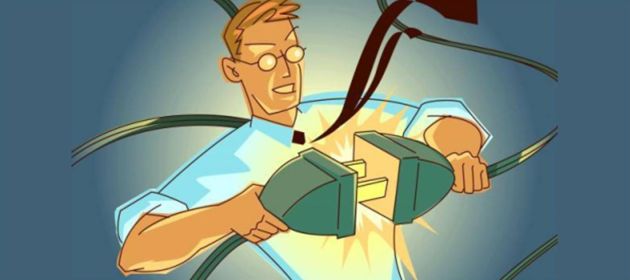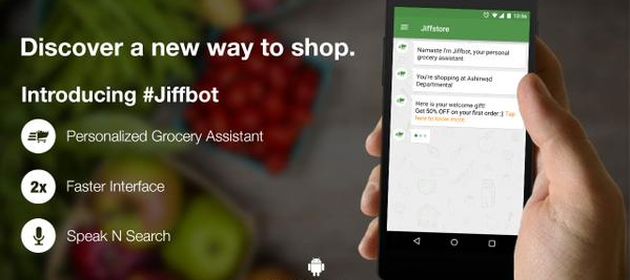 Those of you that have read the all time classic business book In Search of Excellence might recall the anecdote of the automobile company that rushes a part by helicopter to a customer whose car has broken down in the middle of a desolate highway. Needless to say, the company wins the customer’s loyalty for lifetime.
Those of you that have read the all time classic business book In Search of Excellence might recall the anecdote of the automobile company that rushes a part by helicopter to a customer whose car has broken down in the middle of a desolate highway. Needless to say, the company wins the customer’s loyalty for lifetime.
This true story shows how empowering your frontline staff is key to delivering customer delight.
Considering that the book was published nearly three decades ago, it might seem that all companies would’ve mastered the mantra of frontline empowerment by now.
Sadly many of them haven’t. This became amply clear during my recent interactions with three consumer-facing businesses.
#1. Bank
I went to my bank’s branch for some work and took the opportunity to ask them to reinstate print statements for my company’s business account.
My Relationship Manager noted down my request but warned me that his “backend” would most likely reject it, instead wanting to hear directly from me.
I told him I visited the bank’s branch and was talking to an employee of the bank, why wouldn’t that count as hearing “directly”?
He had no answer. Long story short, three months later, I still haven’t started receiving paper statements. Going by past experience, I’ll have to escalate this to the Branch Manager to get a resolution.
#2. Store
 I was in the market for a leather bag. I’ve been patronizing a certain leather goods brand for nearly two decades. I visited its website and found one model I liked. However, it cost a bomb.
I was in the market for a leather bag. I’ve been patronizing a certain leather goods brand for nearly two decades. I visited its website and found one model I liked. However, it cost a bomb.
Wanting to check out the bag’s size in a physical store before shelling out that kind of money for it, I visited the company’s showroom in a nearby mall.
The salesperson at the store informed me that the said product was not in stock and told me to check it out online.
I told him why I visited the store. He then averred that his company had a catalog of 285 SKUs but his store had shelf space to display only 80 of them.
While I appreciated his problem, I asked him what’d happen if I went out and saw a competitor’s product online and never returned to his store. His sales instinct stirred awake at that point and he realized that he’d made a dumb suggestion.
I asked him why he couldn’t show me the product on his store computer while I was still inside his store. He then sheepishly admitted that his company didn’t provide instore Internet access.
I walked out and bought from a competitor.
#3. Restaurant
The mercury had soared to nearly 40 degrees C (104 degrees F) one day past summer. I chose this QSR for lunch because it was the only air-conditioned restaurant near my office.
After placing my order, I noticed that the AC was off. When I asked a waiter to switch it on, he confessed that the AC had broken down a week ago and they hadn’t been able to fix it yet. I asked him if they’d offer a discount because of shortfall in service level. He laughed at me as though I’d cracked a very funny joke.
When I finally got him around to understanding me, he threw up his hands and told me that it was beyond his powers to give any discount for any reason whatever.
While I was still in the restaurant, I tweeted a complaint to the company.
Hey @MastK : I'm at your PNQ-VMN outlet. Your AC is not working. Will you give me a discount to compensate for shortfall in your service?
— Ketharaman Swaminathan (@s_ketharaman) April 6, 2015
I got an apology from the company’s head office the next day along with an offer for a free meal to compensate for my trouble. Which was much more than I’d asked for.
As is evident from my aforementioned experiences, the customer-facing staff at these businesses were powerless to do much while – ahem – facing customers.
Had the companies empowered their frontline, they’d have delighted their customer and, in addition,
- avoided damage to reputation (bank)
- prevented defection of a loyal customer to a competitor (store), and
- made money from the meal they gave away for free (restaurant).
While the world of business has adopted many new techniques since Tom Peters and Robert Waterman wrote their classic, it has still not fully utilized frontline empowerment as a tactic to deliver customer delight.
But there are exceptions. In a follow-on post, I’ll describe my experiences with a few brands that have taken frontline empowerment to new heights. Watch this space.

